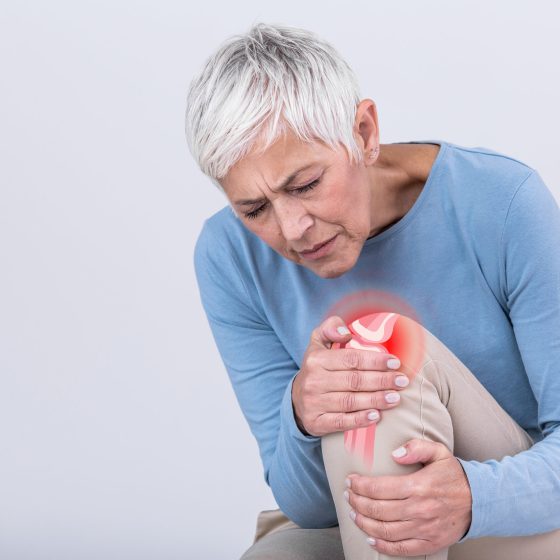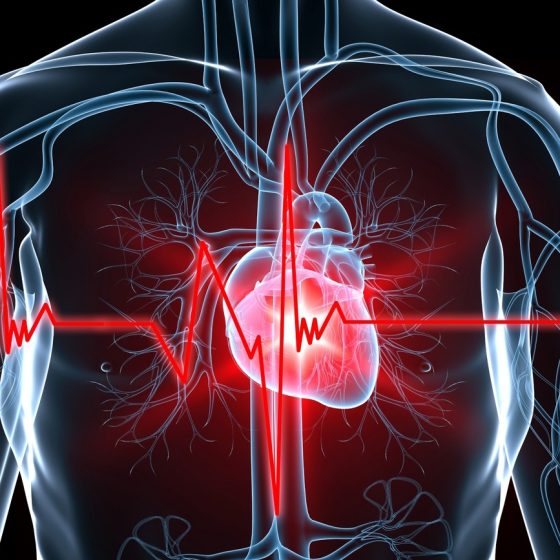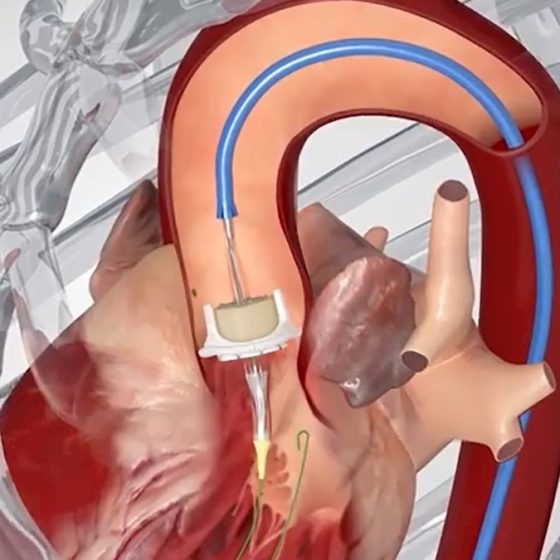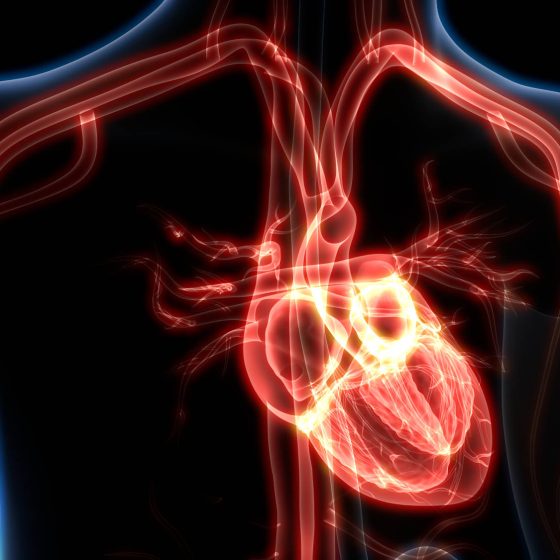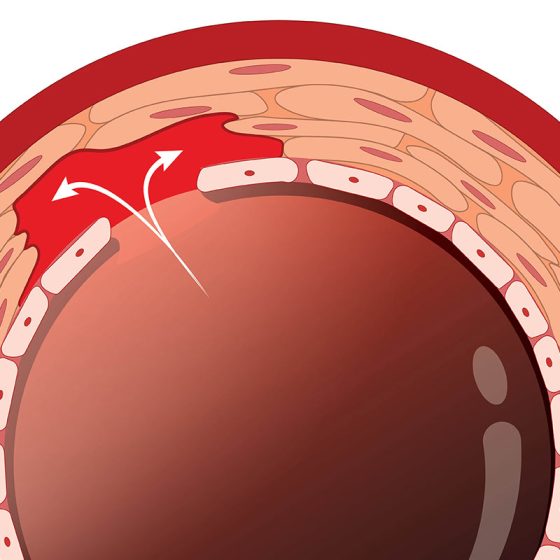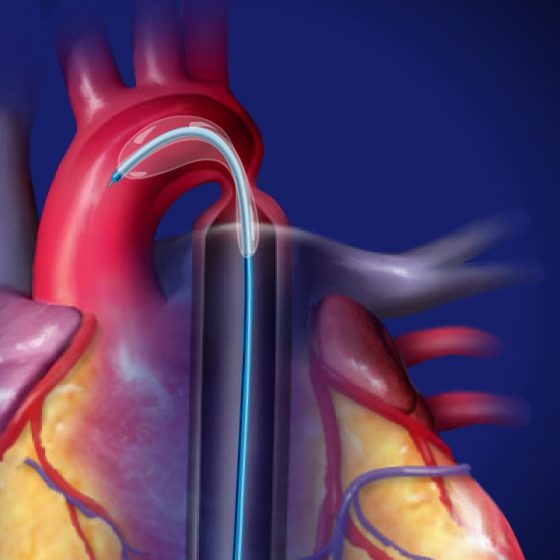Arthritis in children (juvenile idiopathic arthritis)
Key facts Juvenile idiopathic arthritis (JIA, or juvenile arthritis) is chronic (ongoing) inflammatory arthritis that affects children. There are several different types of JIA, which have different symptoms and signs. Common symptoms include joint pain, swelling and stiffness in the morning. Treatments are available and depend on the type of arthritis. About half of all children with JIA no longer have symptoms by the time they are adults. What is juvenile idiopathic arthritis? Juvenile idiopathic arthritis (JIA) is inflammatory arthritis that affects children under 16 years old. JIA can be mild or severe and may last for months or years.


